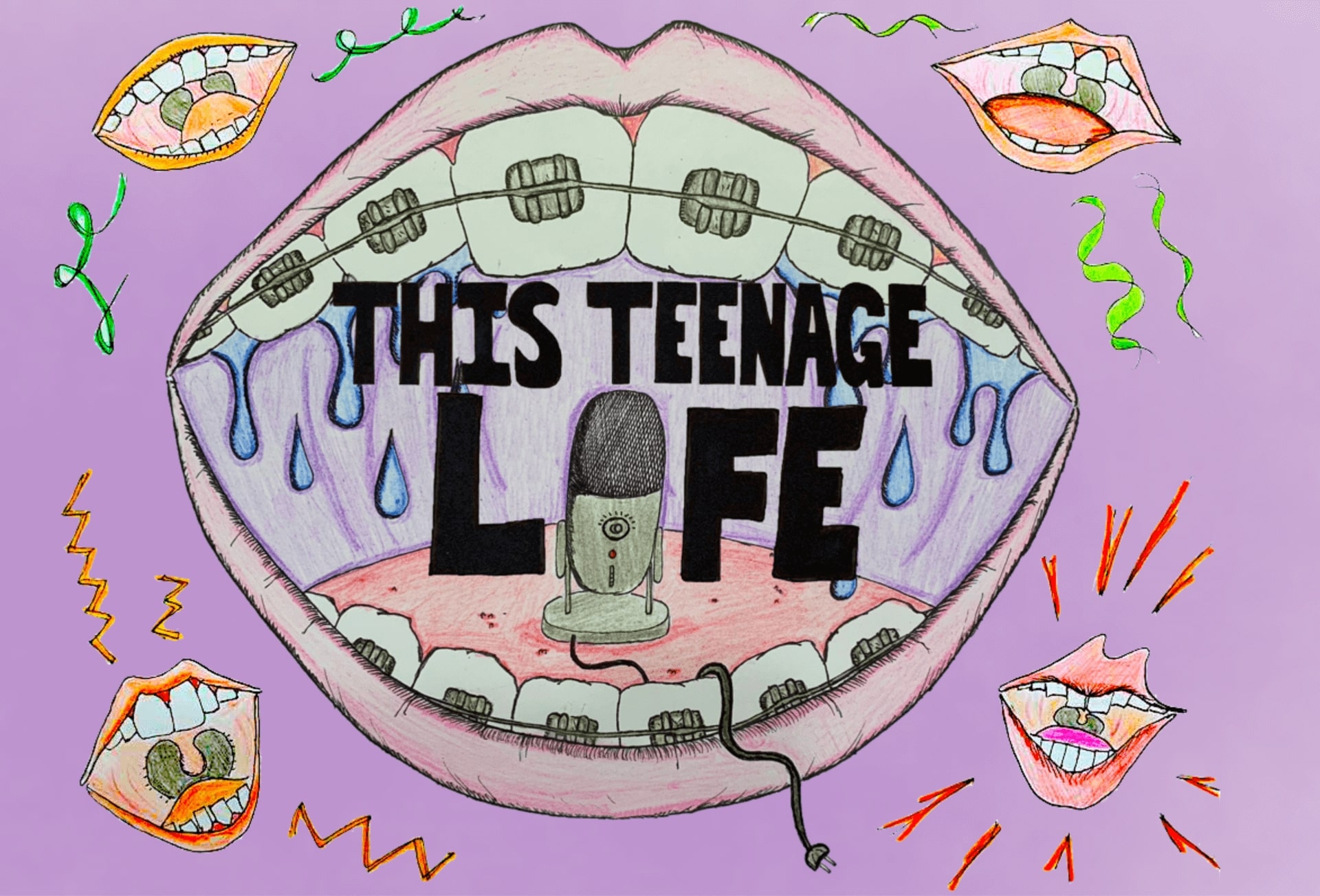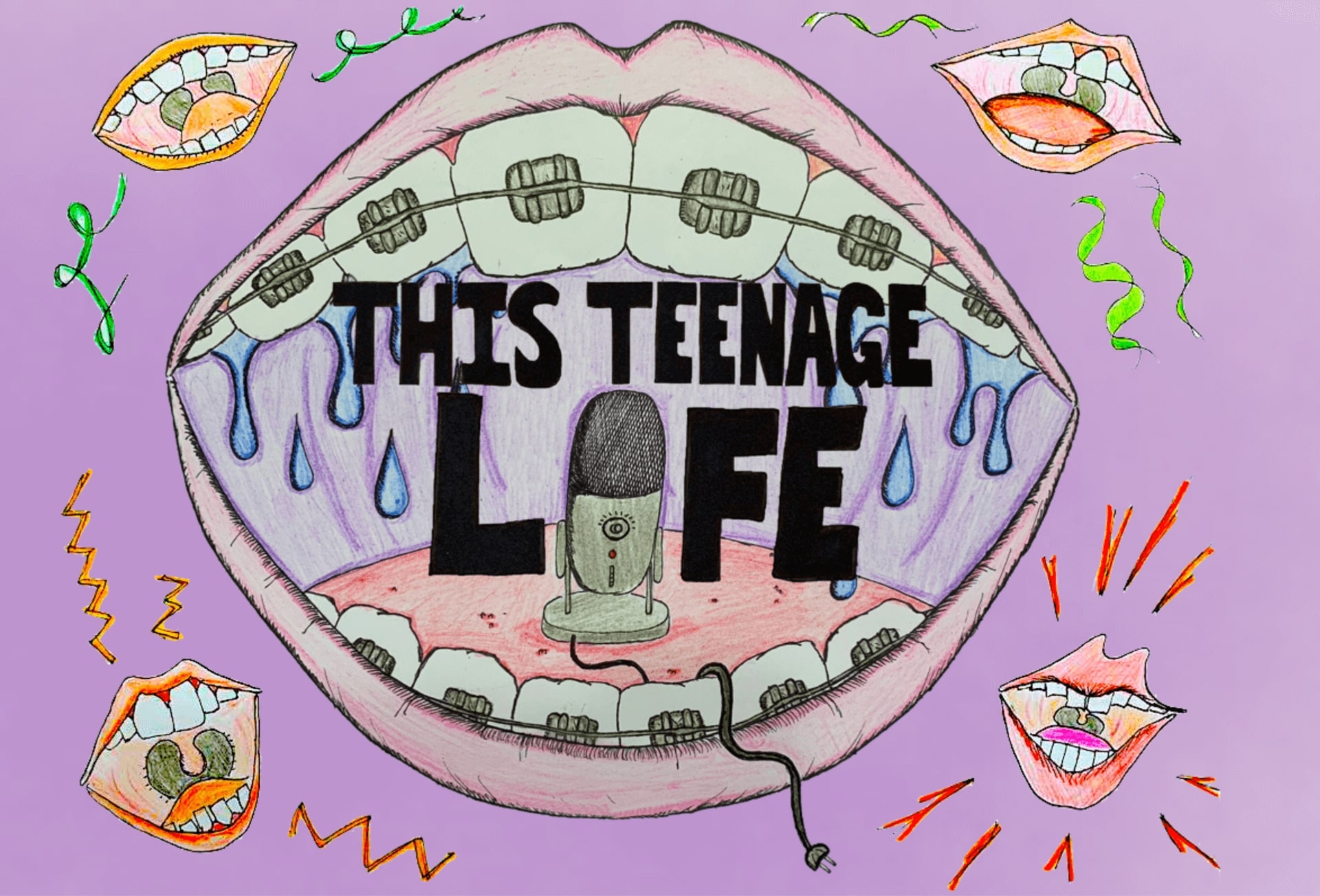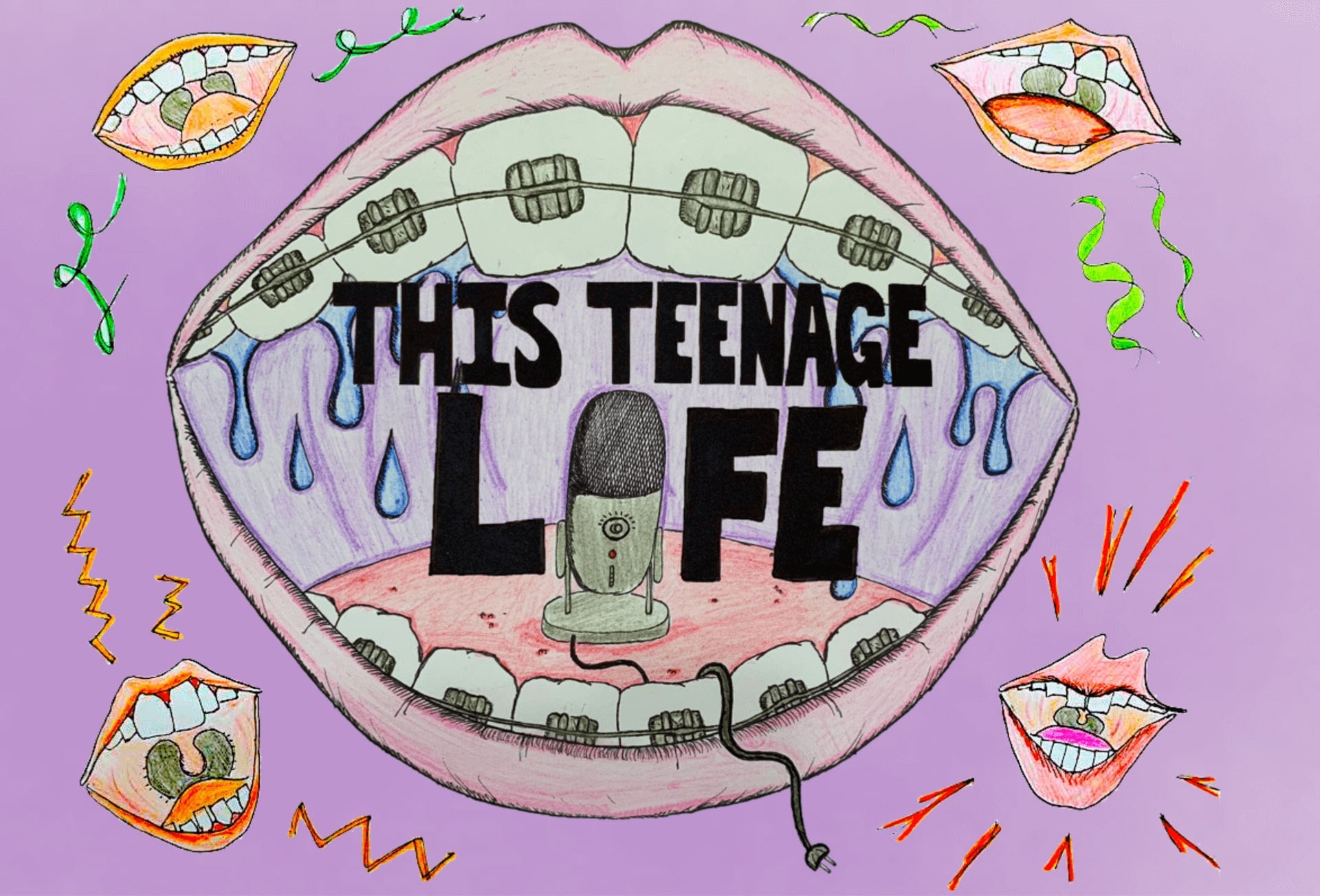Just Checking In
The folks behind the podcast This Teenage Life know these relationships matter, which is why this latest XQ-sponsored episode is about helping teachers master the art of “checking in” with their students.

Click on the full episode of This Teenage Life here and wherever podcasts are found.
Building a successful high school requires fostering caring, trusting relationships between students and teachers. These relationships are vital and are among the six research-backed XQ Design Principles for transforming the high school experience. They also have the potential to help combat a youth mental health crisis that’s become achingly obvious since the pandemic.
The folks behind the podcast This Teenage Life know these relationships matter, which is why this latest XQ-sponsored episode is about helping teachers master the art of “checking in” with their students. When it comes to teens, “They don’t care how much you know until they know how much you care,” said Rob Riordan, a teacher in Cambridge, Massachusetts.
Here are some more tips from students and teachers.
From Students
- Cami, from Ohio, on what it’s like when a teacher really cares: “It felt like they were an older cousin in a sense. They were your friend but they also told you when you needed to be quiet at the dinner table.”
- Teens “don’t want to be treated as kids anymore,” said Cay, from Florida. When teachers see them as adults, “It makes us feel respected and like we matter.”
- Here’s a simple place to start, according to Brin from Wisconsin: Ask “Are you really okay?” instead of just asking “are you okay?”
- Lola, of Ohio, recalled a favorite middle school teacher who’d say, “you look really tired today” or “you look upset.” The teacher would check in privately with students and return to the subject a few weeks later.
From Teachers
- Just ask your class “what’s up?” suggested Brian Delgado, from Blue Dot Education in San Diego, California. When a student you don’t know very well mentions a topic or interest, read up on the subject and approach them later to let them know you’re listening.
- Classrooms aren’t “fullfilment centers” where students just follow a check list, said Andrew Lerario, another educator at Blue Dot Education. Let students make creative decisions whenever possible so “they’re able to recognize the value they bring” to class.
- Trish Emerson, president of the Oregon Council of Teachers of English, loves journaling to foster tightknit relationships. She’d ask students to write in their notebooks with quick prompts like a quote or a picture; they could write anything or even draw. Later, when conferring with the student, she said, “The thing that happens is discussions come out.”
We’re proud to sponsor TTL because we believe listening to students helps educators foster caring, trusting relationships. Moreover, by listening to students’ ideas and concerns we’re achieving another one of our design principles—youth voice and choice. When teens feel valued, they can also thrive in school—putting them on the path to success in college or careers.
We believe conversations like these are important for educators to hear if they’re to fully appreciate their students and help them reach their full potential. Enjoy this latest episode of TTL sponsored by XQ.
Listen to previous TTL episodes dealing with high school, sponsored by XQ:
“Back to School” (September 2023)
“Summer Reading” (June 2023)
“The College Process” (May 2023)
“How Teachers Can Make Us Feel Safe” (January 2023)
“Academic Pressure” (December 2022)
“Making Friends” (October 2022)
Dealing with Transitions, Like Starting High School (September 2022)
“How the Pandemic Changed Us” (June 2022)
Teens Discuss What Mattered Most to Them in High School Classes (May 2022)
“How Teachers Can Help Students Feel Seen” (May 2022)
Art by Cloe Moreno, provided by This Teenage Life










